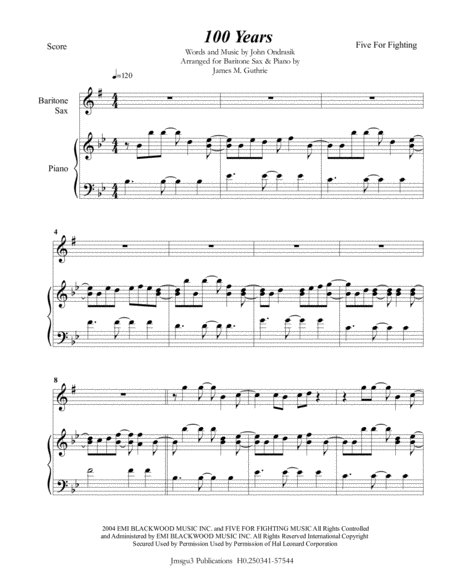Baritone Saxophone,Piano - Level 3 - Digital Download SKU: A0.547985 By Lady Gaga. By Dino Zisis, Julien Arias, Nicholas Mercier, Nicholas Monson, Paul Blair, Stefani Germanotta, Steve Guess, and William Grigahcine. Arranged by James M. Guthrie, ASCAP. Pop. Score and part. 20 pages. Jmsgu3 #3123311. Published by jmsgu3 (A0.547985). Lady Gaga: Applause Score: 5 pages, solo part: 2 pages, piano part: 3 pages. Duration: 3'26In the United States, Nielsen SoundScan predicted Applause to sell upwards of 400,000 units in their first week.[37][56] By the end of the week, Nielsen SoundScan and Billboard had lowered the estimated amount of Applause's first week sales from 400,000 to 200,000–225,000.[57][58] Applause did not enter the Billboard's Hot 100 in its first week.[56] It also ranked below the top 75 threshold of the US Radio Songs chart, with 16 million audience impressions across 210 stations, with the track officially impacting radio stations on August 19, 2013. Applause reached number one on the Dance/Electronic Songs chart,[56] and entered the US Pop Songs Chartat number 20; the highest debut on that chart, by a solo female artist in 2013. The following week, Applause debuted at number six on the Billboard Hot 100. Following its radio and retail release the track charted on Digital Songs at number three, Streaming Songs at number nine and Radio Songs at number forty.[59]On its second week on the Hot 100, the song climbed to number four while reaching number three on Streaming Songs (due the release of the music video), and number thirty-five on Radio Songs, and falling to number five on Digital Songs with sales of 163,000.[60] In its sixth week, the song sold 160,000 copies and reached sales of 1 million copies, becoming her eleventh song to do so.[61] In the same week, it rose to number nine on the Radio Songs chart, becoming her tenth single to reach the top-ten there.[62] It managed to stay in the top-ten of the Billboard Hot 100 for 14 consecutive weeks. As of April 2016, the song had sold 2,640,000 copies in the United States,[63] and has been certified triple platinum by the Recording Industry Association of America (RIAA).[64]According to the Official Charts Company, Applause sold over 10,000 copies within a few hours in the UK.[32] It debuted and peaked at number five on the UK Singles Chart, making it her highest charting single since Born This Way (2011). Applause sold 38,042 copies by the end of the first week, and dropped to number nine on its second week.[65] It was present for a total of 20 weeks within the top-100 of the chart.[66] The British Phonographic Industry (BPI) certified it Gold,[67] and it has sold slightly under 300,000 copies as of September 2016.[68] Applause was also certified Gold in other international markets including Italy, New Zealand, and Sweden.[69][70][71] Wikipedia
